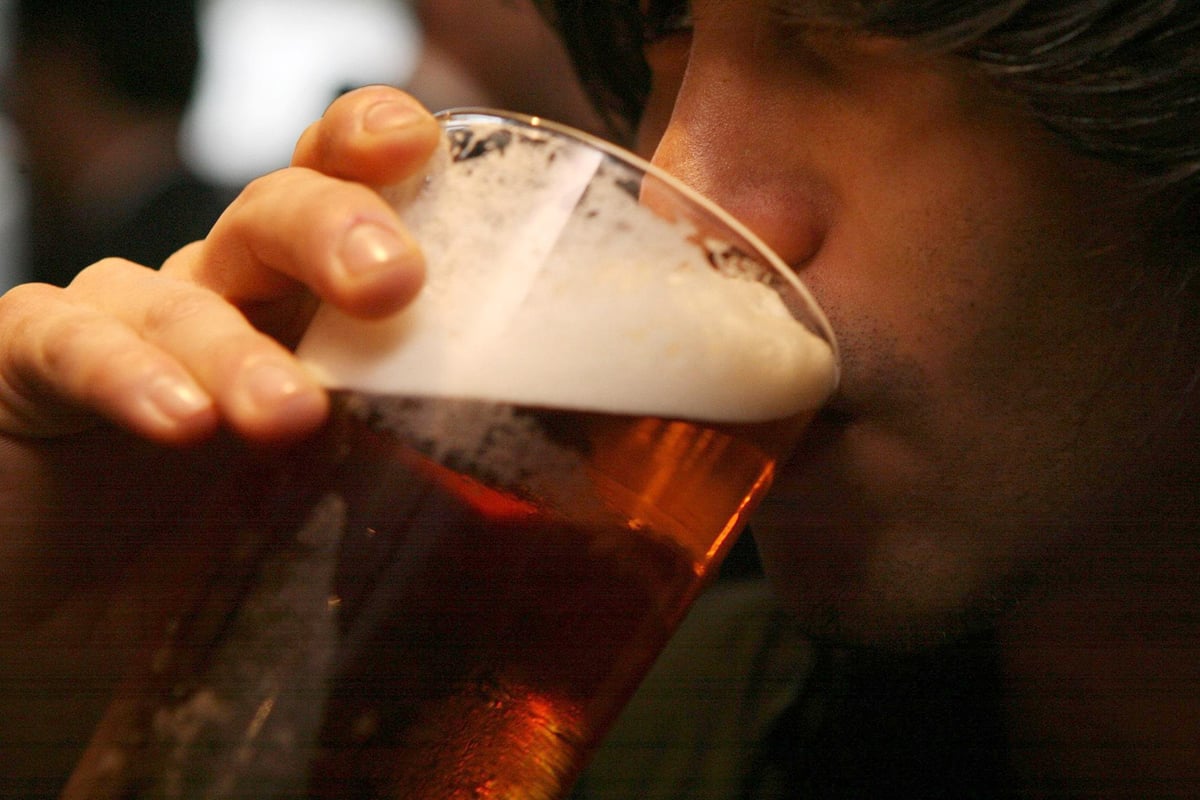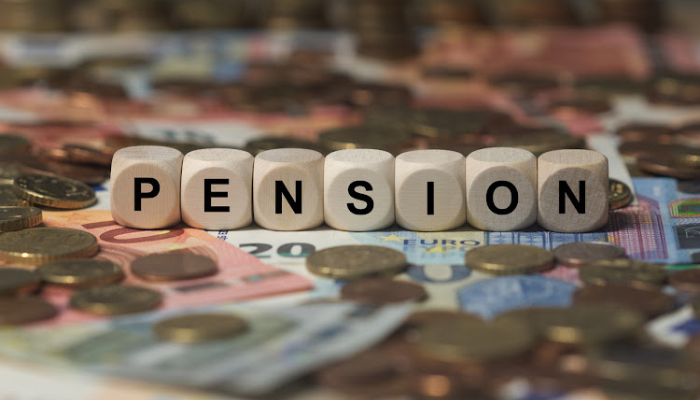By Alistair Grant
Copyright scotsman

The number of deaths caused by alcohol in Scotland has fallen to a five-year low. Statistics show there were 1,185 deaths in 2024 – a drop of 7 per cent on the year before, when deaths reached a 15-year high. However, the Scottish Conservatives said deaths were still “shamefully and devastatingly high”. Figures released by the National Records of Scotland (NRS) showed the lowest number of alcohol deaths registered since 2019. Men continued to account for around two thirds of deaths. Alcohol-specific mortality rates were 4.5 times as high in the most deprived areas of Scotland compared to the least deprived areas in 2024. Get daily political analysis – subscribe for free to The Steamie The number of people in Aberdeen whose death was caused by alcohol has also risen to the highest figure since records began 45 years ago. Maree Todd, the SNP minister for drugs and alcohol policy, highlighted interventions such as minimum unit pricing. She said: “Behind every number is a person and my heartfelt condolences go out to those affected by the loss of a loved one through alcohol. “It is welcome to see the number of deaths at the lowest level since 2019 and we are continuing to work closely with local Alcohol and Drugs Partnerships (ADPs) and other stakeholders to provide targeted, person-centred support, backed by record levels of funding of around £160 million this year. “However, while we are making progress on tackling the harms caused by alcohol, we cannot become complacent. This is a public health priority and we are continuing to channel our energy towards reducing alcohol harm further. There is still a lot of work to be done to save and improve lives. “Research commended by internationally renowned public health experts has estimated that our world-leading minimum unit pricing policy has saved hundreds of lives and is likely to have averted hundreds of alcohol-attributable hospital admissions.” Conservative MSP Annie Wells said: “With alcohol deaths remaining shamefully and devastatingly high, it’s clear the SNP’s approach is not working. “Ministers must stop seeing their flagship minimum unit pricing policy as a silver bullet when so many Scots families are tragically losing loved ones to the scourge of alcohol addiction. “As with drugs, Scotland’s alcohol death rate is among the worst in Europe on the SNP’s watch. And, as usual, it’s the most deprived communities in the country that are hit the hardest by the nationalists’ incompetence. “Rather than doubling down on MUP, which is a blunt instrument for a complex problem, SNP ministers should finally support our Right to Recovery Bill. “This game-changing bill, drawn up by experts with lived experience, would enshrine in law a right to treatment, including residential rehab and abstinence programmes, for all those struggling with addiction.” Dr Alastair MacGilchrist, chair of Scottish Health Action on Alcohol Problems (SHAAP), said the latest figures were “encouraging and are evidence of the impact of public health policies such as MUP”. He said: “We cannot afford to lose momentum, however. Deaths and harm from alcohol are still far too high and there is much more that can be done to tackle this. “The Scottish Government must now put public health over business interests and introduce measures such as restrictions on marketing, automatic uprating of MUP and mandatory alcohol labelling, while also investing in treatment. “The UK government can also act by increasing alcohol duty in the upcoming budget, but also reintroducing the duty escalator which saw duty increase annually by inflation plus 2 per cent.” Douglas McFarlane, a registered manager at Abbeycare, one of Scotland’s leading residential rehab and detox services, called for “more funding put towards harm reduction and treatment services for alcohol, to help turn this year-on-year fall in deaths into a longer-term trend”.



